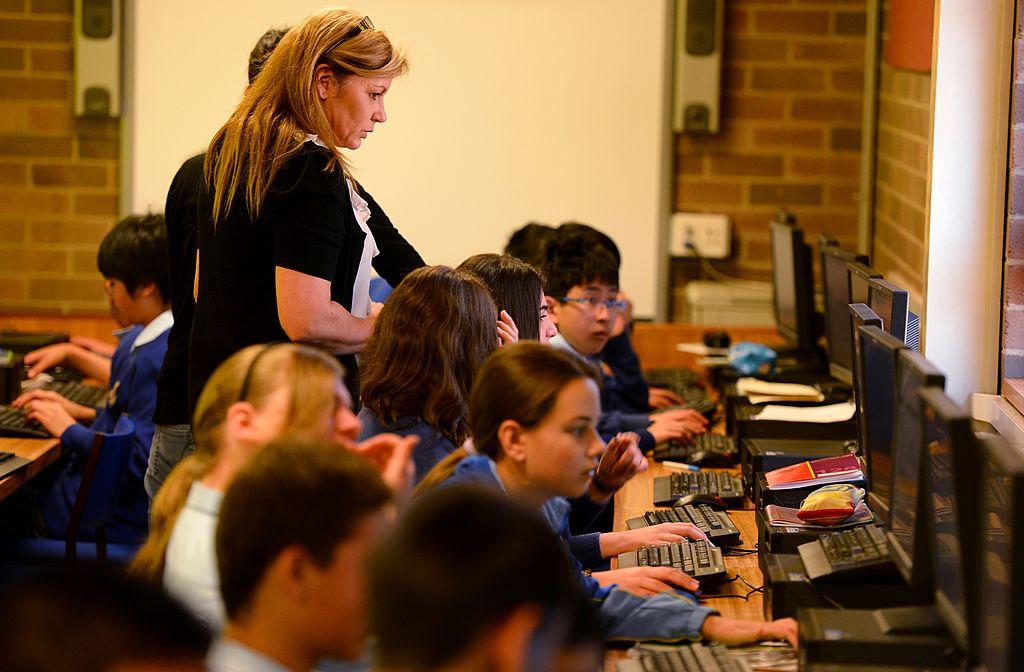Every minute toddlers spend glued to screens at home results in them hearing fewer words, speaking less, and having fewer conversations with their parents, according to new research.
Researchers from the Telethon Kids Institute monitored 220 Australian families over two-and-a-half years, during which toddlers wore a device capturing 16 hours of audio daily in their homes.





